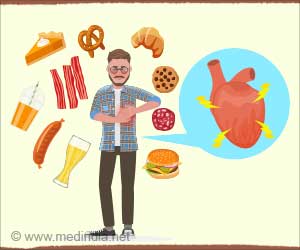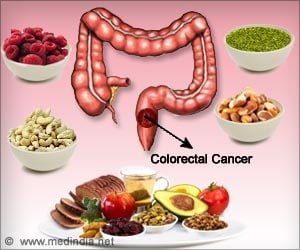Healthy snacks and meals should be introduced to children at a very young age to develop healthy eating habits and prevent chronic diseases in the future.
- Ultra-processed foods such as pizzas, burgers and packaged snacks, are bad for children
- Children (3–5 years) who consume ultra-processed foods have poorer locomotor skills
- Children (12–15 years) who consume ultra-processed foods have lower cardiovascular fitness
Impact of Ultra-Processed Foods on Children
A new study found that children ages 3 to 5 who consumed more ultra-processed foods had poorer locomotor skills than children who consumed less of these foods. It also showed lower cardiovascular fitness in 12- to 15-year-olds who consumed more ultra-processed foods. Although previous research has shown that consuming ultra-processed foods is linked with a higher risk for cardiovascular disease in adults, this is one of the first studies to show a link between consumption of these foods and lower levels of physical fitness in children.“Healthy dietary and exercise behaviors are established at a very young age,” said research team leader Jacqueline Vernarelli, PhD, associate professor and director for the Master of Public Health program at Sacred Heart University.
“Our findings point to the need to educate families about cost-effective ways to reduce ultra-processed food intake to help decrease the risk for cardiovascular health problems in adulthood.”
Vernarelli was to present the findings online at NUTRITION 2022 LIVE ONLINE, the flagship annual meeting of the American Society for Nutrition held June 14 to 16.
Link Between Physical Fitness and Ultra-Processed Foods
To examine the association between physical fitness and ultra-processed foods during various stages of childhood, researchers analyzed data from the National Health and Nutrition Examination Survey (NHANES) National Youth Fitness Survey.This 2012 survey used interviews and fitness tests to collect data on physical activity, fitness levels and food intake for more than 1,500 U.S. children aged 3 to 15. Ultra-processed foods were identified using NOVA which categorizes food and beverage items according to the level of food processing.
Cardiovascular fitness was used as a physical fitness measure in older children. The study showed that teens and preteens with good cardiovascular fitness consumed 226 fewer calories daily from ultra-processed foods than those who did not have healthy cardiovascular fitness.
As a next step, researchers plan to look more closely at consumption patterns for ultra-processed food by age group. For example, do kids eat more of these foods for breakfast, lunch or snacks? A better understanding of how and when these foods are consumed could help inform future interventions designed to encourage healthy eating.
Source-Eurekalert
















